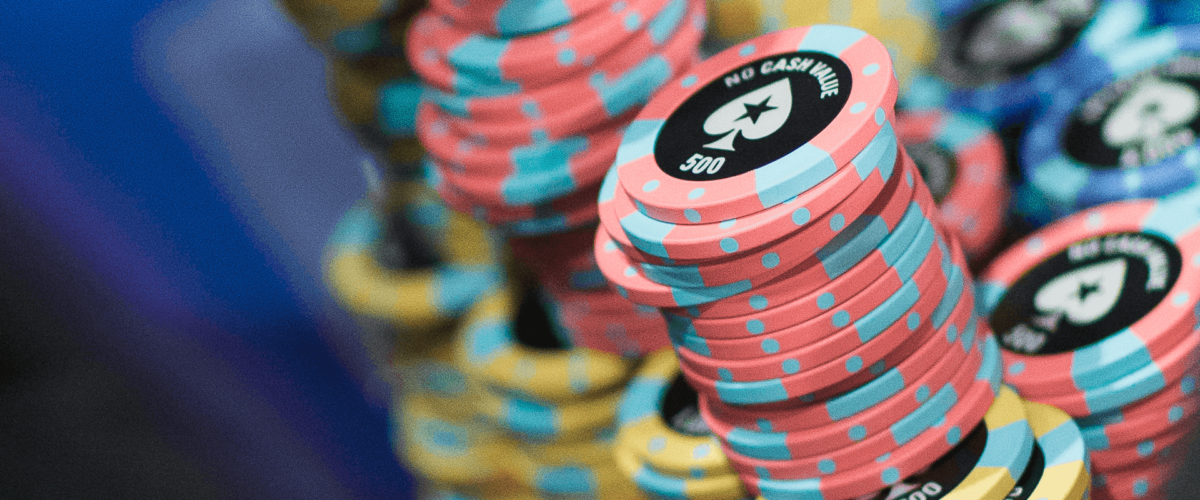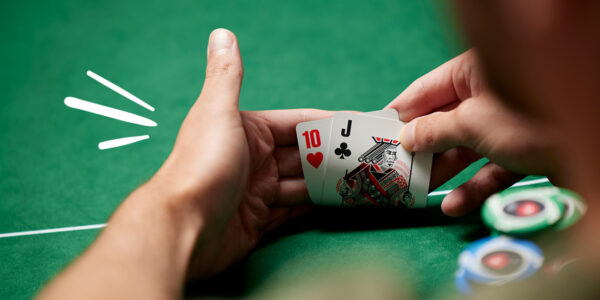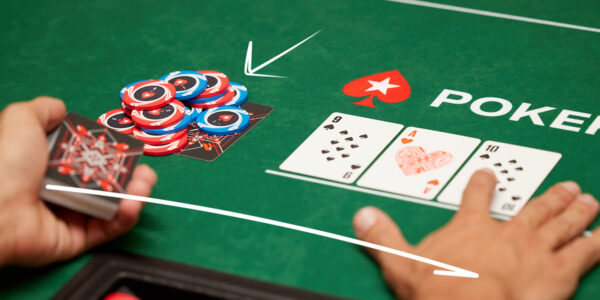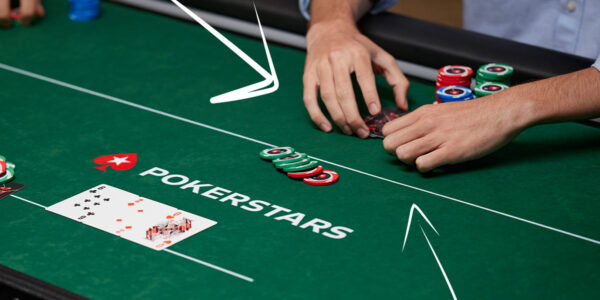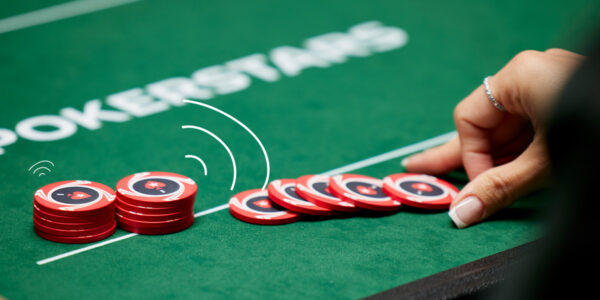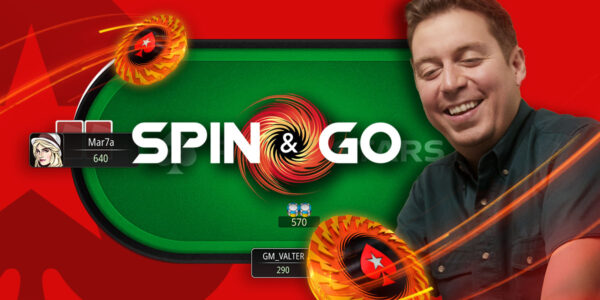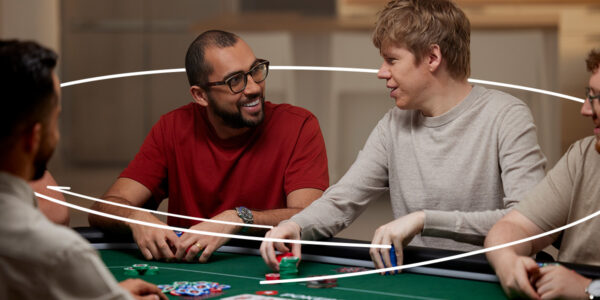Inside the Mind of a Pro – Block-Betting the River
Block-betting the river is making a small bet out of position, usually around 25-33% of the pot. We can make this play either for value or as a bluff, but as you can imagine; when we are offering such good pot odds to our opponent, we usually need to have a value hand that beats his average bluff catcher. When we choose to build a block-bet range on the river, it is usually for the following reasons.
- Our range contains a lot of weak hands that can only value bet for a small size – if they went much bigger they would start to fold out too many hands they need calls from.
- Our range contains hands that do not want to check/call or check/fold to a bet. Many of these would rather make a smaller bet than check to face a larger one.
- Our range contains terrible hands that will almost always lose at showdown but can fold out slightly better hands by betting.
That’s the theory of it. We might also choose to block bet exploitatively when we think that our opponent calls to many worse hands to a small bet, or folds too many better ones. Let’s get into today’s hand.


Pre-Flop
I am in the big blind at $100NL Zoom with 8c5c and face a 2.5BB open from a tight looking recreational player in the HJ. The SB who is an unknown player also calls and I decide to take a look at the flop with my speculative drawing hand for these favourable pot odds. Squeezing would be very spewy here given that my fold equity is probably poor and I have a very low equity hand that does not block many of my opponents’ continuing hands. Folding would be a bit too tight for this price when I have a hand with some ability to flop huge; and so, to the flop we go.
Flop
Of course, I’m posting this hand for a reason so no prizes for guessing that I flopped well. The flop ($7.50) is 8♠ 8♦ 6♦ and I decide to go for a check/raise. If HJ has an overpair, then this is a great way of building the pot vs. him. If he has overcards, then I want him to see the turn so that he might hit a pair and start investing money. Moreover, checking lets HJ bluff at the pot with air or a draw. Lastly, betting doesn’t get me any useful fold equity because no one is folding a flush draw. Nor does it gain me value I don’t get by checking as HJ is very likely to bet any way with his draws. By not leading, we might lose a little value when the SB has a hand like a draw or medium pair, but this is a small price to pay for the other advantages. I check and HJ bets $4.50 into $7.50. The SB calls and I decide to raise to $16. Calling is okay, but I’m now beginning to suspect that SB could be a weaker passive player. Regulars at these stakes just don’t flat out of the small blind and check/call this flop all too often. If the SB is a weaker player, then it is possible he might continue too many one pair hands and draws to my raise. Also, if I just call here, the turn is likely to check behind very often as we both check procedurally to the HJ and he checks back to control the pot size with overpairs etc. I think that calling and leading turn is an option, but I’d rather get a bit of value and protection before bad turns can kill my action. HJ calls my raise and SB folds.
Turn
The Turn ($44) is the dreaded J♦ . The reason that this card is problematic is not just that my opponent called the flop raise with some flush draws, but that the times he called with an overpair, he is very unlikely to call a large turn bet now. Moreover, on diamond turns I cannot get another street of value from draws, because they became flushes so some of my previous value targets are now gone from his range. Checking seems like the right way to go now. If this player starts piling money into the pot, I can escape for the minimum, and if he checks behind, I can rule out most flushes and find a river value bet that I can be very confident in. Free information is the best kind, so I check and wait for this tight opponent to show me what he has. It is very unlikely that he is bet/calling the flop with air and bluffing me now and he shouldn’t even open hands like 97s from this position pre-flop. Getting bluffed here seems nearly impossible. Villain checks behind.


River
The river is ($44) is the 9♥ making the board even wetter still. That said, I expect most my opponent’s range to be hands like [QQ-AA]. This spot satisfies most of the conditions for block-betting.
We have a value hand, but one that probably cannot extract that big of a bet from worse hands.
We do not want to check and then call a larger bet since Villain’s frequency for betting his overpairs will be quite small on average.
Therefore, I bet $17 and get called by KcKh. If it were not for that pesky Jd on the turn, I could probably have won a larger pot, but adjusting your play to the way the board runs out is a mandatory skill. Going big for value on the river would simply cost me more against hands like JJ, 99, flushes that slowplayed turn, or maybe A8s.
Overall, I’m pleased with how this hand went.


